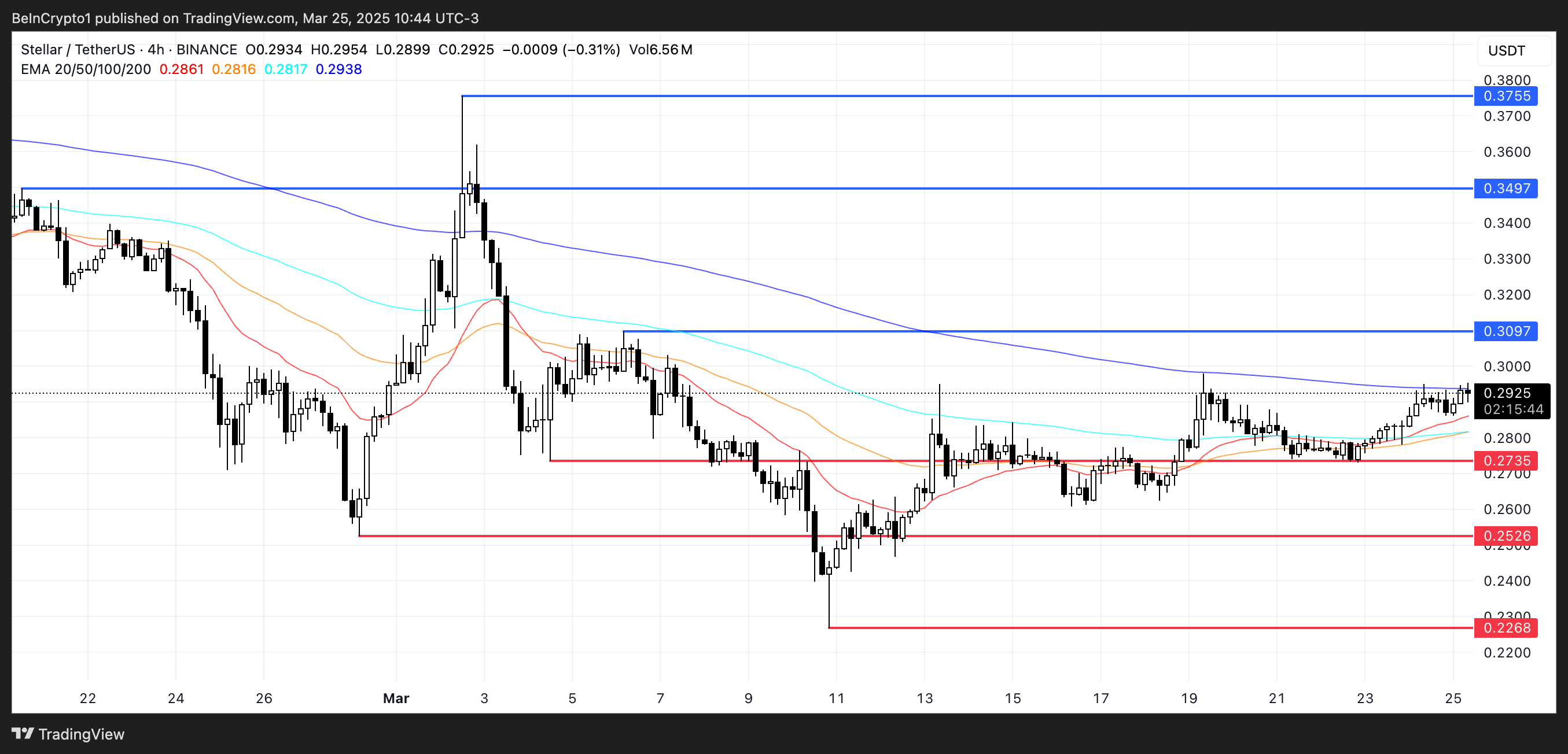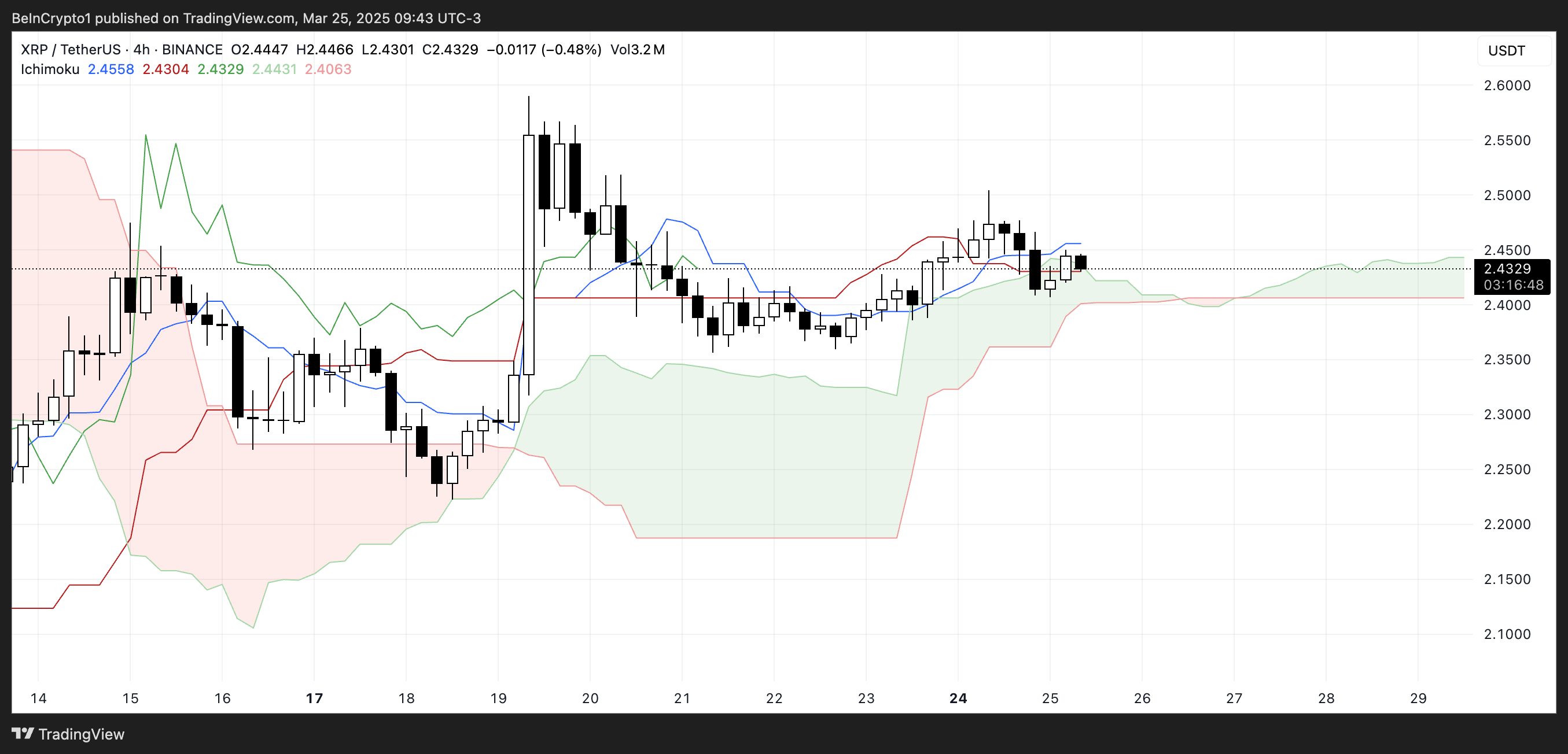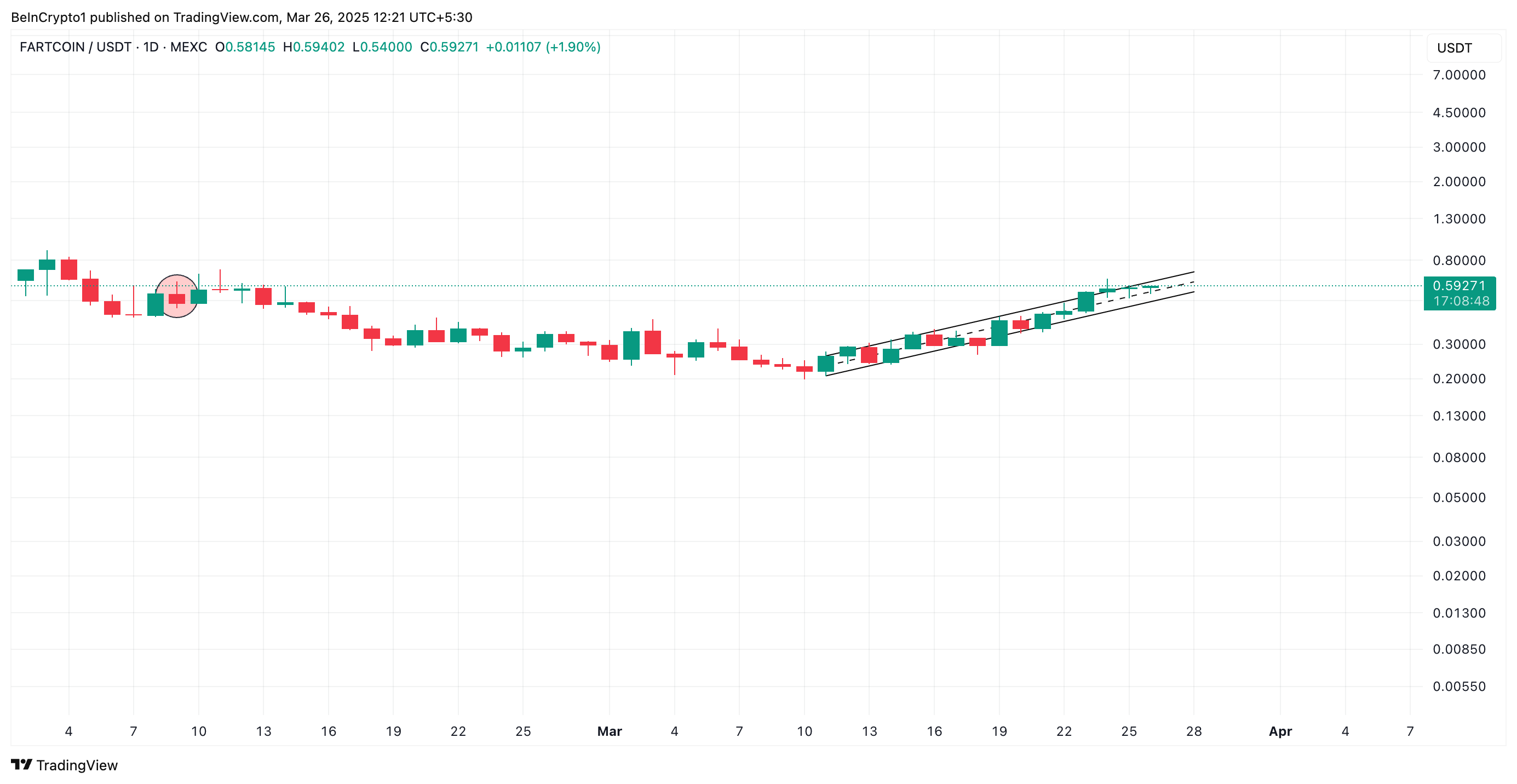Bitcoin Virtual Machine team rolls out ZK rollups service to scale Bitcoin
Quick Take The team behind the Bitcoin Virtual Machine launched ZK-proof service BitZK last week. Zero-knowledge proofs are used in blockchain circles to compress data and have become the basis for many of the most popular rollups on Ethereum. BVM is a general-purpose state machine similar to Ethereum, which uses Bitcoin’s security.
The team behind the Bitcoin BTC -1.36% Virtual Machine (BVM) last week launched BitZK, a zero-knowledge proofs service that enhances Bitcoin's scalability by allowing users to create rollups and migrate applications from Ethereum to Bitcoin.
This need for scaling solutions emerged last year with the launch of protocols like Ordinals and Runes, which spurred on-chain activity similar to Ethereum. This surge in activity prompted several development teams to explore new methods of scaling Bitcoin and to incorporate ideas from other blockchain projects.
Historically, scaling Bitcoin has been problematic, whether through raising block sizes or developing scalable layer-2 solutions. Previously, the network's limited user base allowed developers the luxury of time to make decisions, but the recent increase in on-chain use has accelerated the need for effective scaling solutions.
“The blockchains on Bitcoin powered by BVM will be the first-ever examples of Bitcoin ZK-rollups on mainnet, which is a massive tech breakthrough,” developer @bird2836 told The Block in a direct message. Zero-knowledge proofs are used in blockchain circles to compress data, and have become the basis for many of the most popular rollups on Ethereum.
BVM is charging at least $99 per month for access to its BitZK service, and has already lined up a roster of early users, including Bitcoin layer 2s RWA Chain, POWD3R Blockchain and Octopus Bridge.
The monthly fee covers the memory, CPU, and storage costs associated with running a Bitcoin layer 2. Higher-end pricing models are available at $499 and $1,999.
BVM, launched in January 2023, aims to make the Bitcoin network as generalized as possible. In other words, the team wants to make functionality pioneered on networks like Ethereum possible on the first and largest blockchain.
According to the project’s whitepaper, “BVM is a state machine similar to Ethereum-VM that utilizes Bitcoin as a data layer to achieve transaction-level consensus. This approach allows BVM to function as a general-purpose state machine utilizing Bitcoin’s security and data availability without additional network or consensus protocol.”
The project is one of several Bitcoin scaling solutions that have started to gain traction as protocols like Ordinals and Runes drive demand for block space.
Disclaimer: The content of this article solely reflects the author's opinion and does not represent the platform in any capacity. This article is not intended to serve as a reference for making investment decisions.
You may also like
Ripple Agrees to $50M SEC Settlement in Lawsuit Conclusion


XRP Remains in Consolidation: Analyzing Market Indecision and Potential Price Movements

FARTCOIN Sees 11% Surge Amid Meme Coin Frenzy—Could It Target $0.95?

